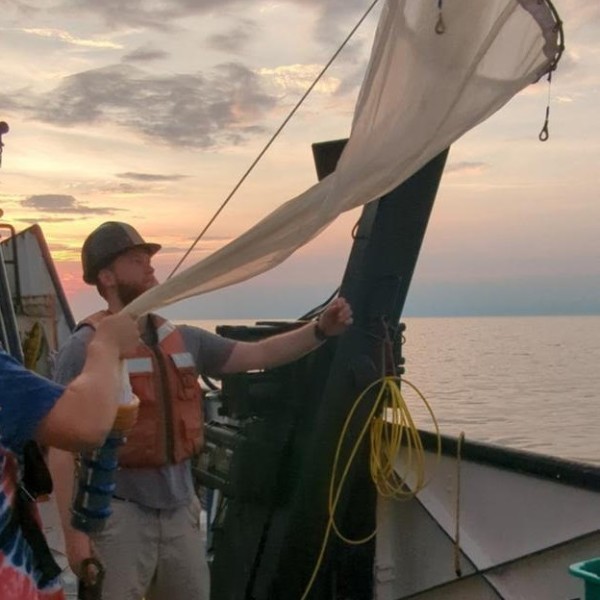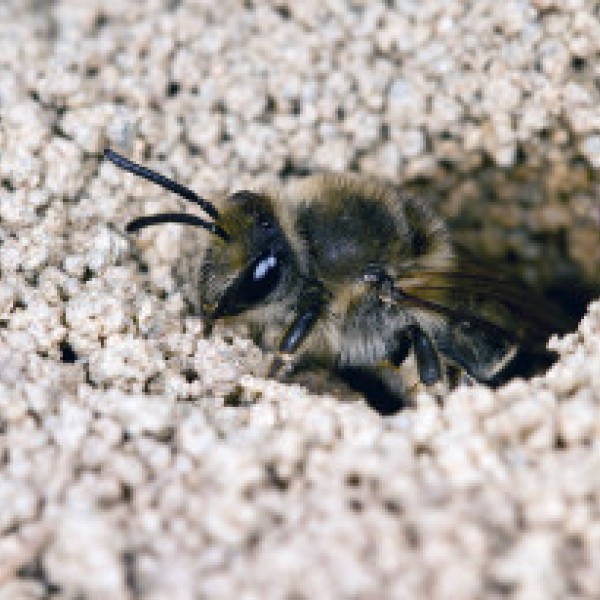Academic focus: Insect environmental physiology
Research summary: I study how insects survive and thrive in harsh environments. Although we center our research on the insect, we follow mechanisms all the way to molecular biology and consequences to global-scale modeling. I’m especially interested in how insects survive the cold of winter, and insects have some extraordinary adaptations, such as the ability to survive being frozen solid. My research yields new knowledge about everything from understanding the spread and success of insect pests to finding new ways to store frozen organs and reverse muscle wasting.
What do you like to do when you’re not working?
We’ve bought a place in the country, so we’ve been spending a lot of energy removing invasive trees and shrubs on our property. Over the pandemic, my wife and I took up wilderness whitewater canoeing, making trips of two to three weeks in the Arctic and subarctic. I also like traveling, reading fiction, and observing the plants and animals around me.
What are three adjectives people might use to describe you?
Hopefully, enthusiastic, rigorous and reliable.
What brought you to Cornell CALS?
I was recruited for an endowed professorship, so I was attracted by a mid career opportunity to accelerate my current research and develop new collaborations. CALS has a truly impressive breadth of insect researchers, not just in Entomology but in departments across the Ithaca and Geneva campuses. Also, we love the landscape around Ithaca and appreciate being able to move to a rural setting.
What do you think is important for people to understand about your field?
Some insects can survive being frozen solid. It’s (literally and figuratively) really cool!
Why did you feel inspired to pursue a career in this field?
The late Dr. Bill Block from the British Antarctic Survey gave guest lectures in my Environmental Physiology class when I was a third-year undergrad in New Zealand. He talked about insect cold tolerance strategies, and the tiny insects that live in Antarctica. I realized that THAT was what I wanted to do, and I have been ever since.
If you had unlimited grant funding, what major problem in your field would you want to solve?
We’ve known since the 18th century that some insects can survive being frozen solid, yet we still have only a hazy idea of how they can do that. Hmmm. I guess I’m trying to solve that even without unlimited funding!
If you could relate your work to one of the four transdisciplinary moonshots, which one would you most closely align with and why? They are: Redesigning 21st Century Agri-Food Systems; Accelerating Holistic Climate Solutions; Leading in Synthetic Biology; and Pioneering Life Science Breakthroughs.
I think the moonshots are well-chosen. Perhaps that’s because my research touches on all of them! In order: I work on insect mass rearing for food and feed; insects are ecologically and economically important, and their responses to climate change will depend on their environmental physiology; and I think that understanding and applying freeze tolerance can speak to both of the last two.
Learn more about Brent from his CALS profile and lab website.






